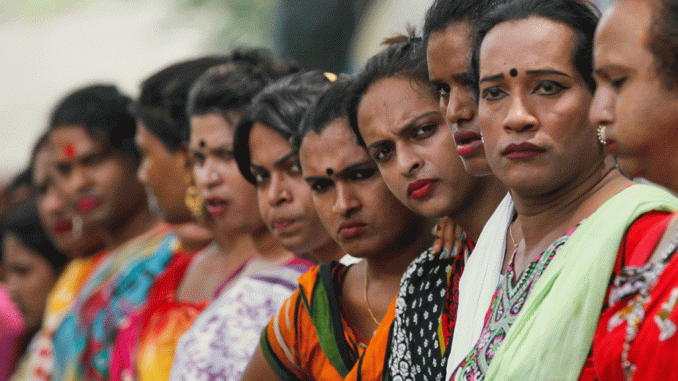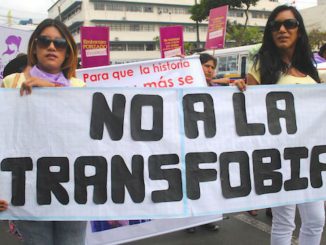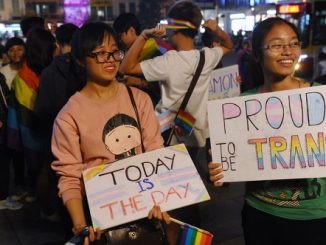
- Election Commission in Bangladesh has amended the Voter List 2009 and Voter List Regulations 2012 to include third gender option in addition to ‘male’ and ‘female’ options under gender identity section in voter list, a historic first in the country.
- The change came about after a hijra (transgender people and people who are neither male or female) candidate ran for a city council seat in December last year.
- The decision drew praise from advocates who considered it as an inspiration the underprivileged hijra living in the country.
The Election Commission (EC) in Bangladesh updated the gender section of its voter list for the first time in history according to transgender latest news posted bdnews24 website on January 13.
The commission amended the Voter List Act 2009 and the Voter List Regulations 2012 to accommodate ‘hijra’ alongside the ‘male’ and ‘female’ categories under the gender identity section of the voter list, a change that took four years after the group has gained official recognition.
Hijra recognition
Hijra is the name in South Asia to transgender people or those who are neither male or female.
While members of the hijra community were able to register as voters, they were forced to be classified as either ‘male’ or ‘female’ on official forms.
In 2013, EC attempted to add the third gender option. It was halted due to the absence of enabling amendment on the country’s Voter List Act and the Voter List Registration.
In a meeting at the EC Secretariat last December 27, the issue was brought up and it was then decided that there were no barriers from including the third gender option on the voter list.
The commission explained, “However, it is necessary to amend the existing law and regulations to include Hijras as a gender identity alongside men and women on the voter information gathering list.”
Khondokar Mizanur Rahman, joint secretary for EC’s election management, announced the decision.
“The commission has made its decision regarding the amendments to the voter list law and regulations… Voters can register as Hijras from the upcoming round of voter information gathering,” Rahman said.
‘Go slow’ policy
Advocates like Shale Ahmed, executive director of Bandhu (meaning friend), a non-government organization that works for hijra, welcomed the decision.
“The new amendment in the Voting List Law is truly an inspiration for this underprivileged group to live with new hope,” Ahmed said.
In Bangladesh, hijra has a 200-year old history rich with different code words and maintaining a closed society, distinguishing themselves unique from the Western concept of transgender.
The predominantly Muslim society is fairly conservative and many members of the hijra community have been neglected and looked down upon. Coupled with lack of government recognition, the last few decades have been challenging for them.
The country has a ‘go slow’ policy towards forwarding the rights of hijras.
The community benefited from the stronger cooperation between the government and NGO’s, undertaking initiatives such as hiring them which was unsuccessful because of the lack of accompanying laws.
The historic addition of hijra on the voter’s list was made possible with the rise of Nadira Begum who was running for a seat in Rangpur city council election last year.
Begum, a hijra, has come a long way from being forced to leave her family to obtaining a master’s degree for a public university. Her decision to join politics attracted significant media attention.
“I took hope from Prime Minister Sheikh Hasina’s recognition of the hijra community in 2013,” Begum said. She failed to win, but her story created waves of change in society.
With the amendment, EC sources said that hijras will be able to participate and used the updated voter list starting July this year. They are also eligible to secure smart national identity cards.
Bangladesh has about 100 million registered voters. While there are no official figures, the government estimated there are 10,000 hijras in the country but advocacy groups said the numbers could be 100,000.



Be the first to comment